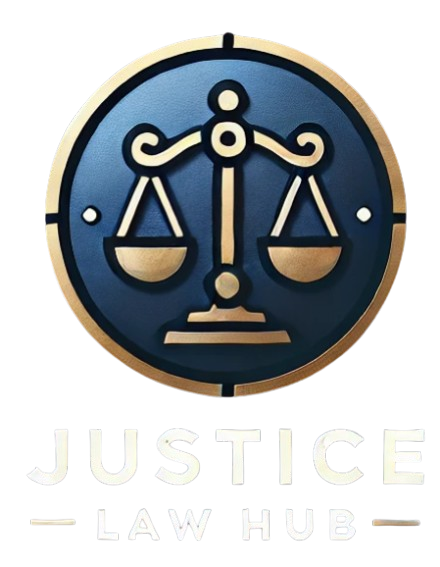Key information every New York landlord and tenant should know.
Why Trust Us?
Verified and Fact-Checked
In New York, landlords may initiate the eviction of tenants for various reasons. However, eviction cannot take place without first terminating the tenancy. To achieve this, landlords are required to provide the tenant with written notice in compliance with applicable state or local laws. If the tenant fails to adhere to the notice, the landlord can proceed by filing an eviction lawsuit in court.
New York’s legal framework mandates specific procedures for ending a tenancy. These procedures, along with the type of notice required, depend on the circumstances. Below is a general guide to the rules governing tenant evictions and lease terminations in New York.
It is crucial to understand that eviction laws vary depending on whether the property is within New York City or elsewhere and whether it is rent-regulated. For additional guidance, consult a lawyer or reach out to associations like the Rent Stabilization Association of New York City.
Need Legal Assistance? Connect with a Landlord-Tenant Attorney
Answer a few questions to find an attorney near you.
Termination With Cause
If a landlord wishes to terminate a tenancy before the lease expires, a legitimate cause must be provided. Common reasons include non-payment of rent or breach of lease terms. In these cases, landlords must issue written notice to begin the eviction process, with the type of notice varying based on the reason for termination.
- 14-Day Notice to Pay Rent or Vacate:
- If a tenant fails to pay rent on time, the landlord can issue a 14-day notice. This informs the tenant that they have two weeks to pay the overdue rent or vacate the property. If the tenant neither pays nor moves out, the landlord can file for eviction. (N.Y. Real Prop. Acts § 711(2) (2023)).
- Notice to Cure and Notice of Termination:
- For lease violations, landlords must issue two notices:
- Notice to Cure: This provides tenants with a timeframe (regulated rentals usually require 10 days) to fix the violation. If the rental is not regulated, the landlord may set their own timeframe.
- Notice of Termination: If the tenant does not address the violation within the allowed time, this notice informs them that their tenancy is being terminated, giving 30 days to vacate. If the tenant fails to leave, the landlord can begin legal proceedings. (N.Y. Real Prop. Acts §§ 711, 753(4) (2023)).
Termination Without Cause
Without a valid reason, a landlord cannot terminate a tenancy before the lease ends. However, notice must still be provided if the lease is not being renewed.
Month-to-Month Tenancies
For month-to-month agreements, the required notice depends on the tenant’s duration of occupancy:
- Less than 1 year: 30 days’ notice.
- Between 1 and 2 years: 60 days’ notice.
- Over 2 years: 90 days’ notice.
- (N.Y. Real Prop. § 226-c (2023))
Fixed-Term Leases
For fixed-term tenancies (e.g., six months or one year), landlords must wait until the lease expires before requiring the tenant to leave, unless the lease stipulates otherwise.
Tenant Defenses Against Eviction
Tenants may contest eviction in court, potentially delaying the process. Common defenses include:
- Improper Procedures: Landlords must follow all legal procedures. Errors like insufficient notice can result in a delay until corrected.
- Self-Help Evictions: Landlords cannot evict tenants by disconnecting utilities or changing locks without a court order. Such actions are illegal and can result in legal consequences. (N.Y. Real Prop. Law §§ 235, 853 (2023)).
- Rent Payment: If rent is paid within the allowed timeframe (e.g., the 3-day notice period), the eviction process cannot proceed. (N.Y. Real Prop. Law § 711 (2023)).
- Failure to Maintain Property: Tenants can withhold rent or make repairs and deduct costs if the landlord neglects property maintenance.
- Discrimination: Evictions based on discrimination are prohibited under federal and state laws, including the Fair Housing Act and New York’s Human Rights Law.
Eviction and Property Removal
Only a sheriff can legally remove a tenant following a court-ordered eviction. Landlords attempting illegal removal face severe penalties.
If tenants leave behind personal belongings, landlords should notify them and allow reasonable time for retrieval. If unclaimed, the landlord may dispose of the items.
Why New York’s Eviction Rules Matter
New York’s eviction rules protect tenants from undue hardship and ensure landlords adhere to fair processes. While these regulations may seem complex, they are designed to balance the rights of both parties.
